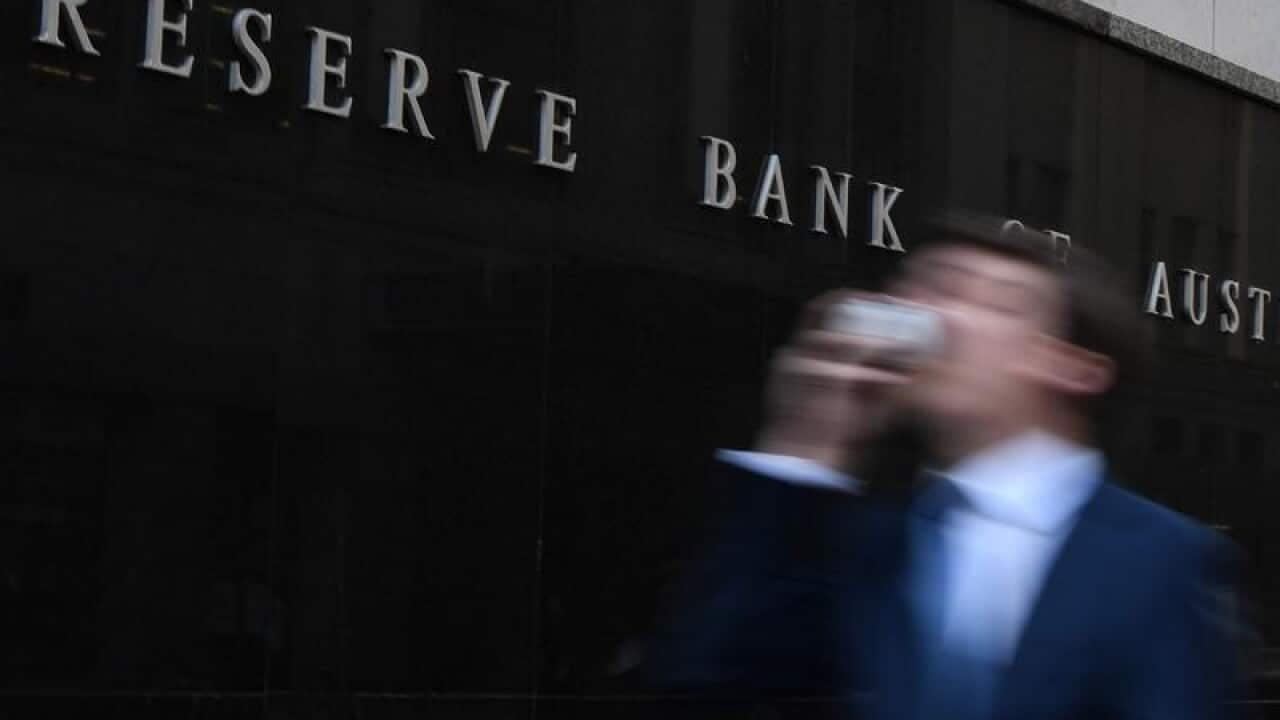More people are finding jobs and business conditions are healthy but retailers will endure tough times for a few more years yet, the central bank warns.
The minutes of the Reserve Bank of Australia board's February meeting, at which the cash rate was again left at a record low of 1.5 per cent, show concerns remain about low inflation and wages growth.
"Strong competition in the retail sector, which had placed downward pressure on the prices of consumer durables and food for some time, was expected to persist in the next few years," the minutes said.
The latest retail spending figures were weaker than expected, with turnover slipping 0.5 per cent to $26.2 billion in December, seasonally adjusted.
The RBA board noted low household income growth had constrained consumption, despite better than expected jobs growth and a drop in the unemployment rate in 2017.
"Even with the strength in the labour market, wage growth was yet to pick up," the minutes said.
"Inflation also remained low, but was expected to increase gradually as the economy strengthened and wage pressures rose over the forecast period."
JP Morgan chief economist Sally Auld said the RBA was unlikely to pull the trigger on interest rates until there was more certainty about the jobs market.
"The bank expresses uncertainly over the future path of the participation rate, how much spare capacity exists in the labour market, how quickly any spare capacity might be eroded and how soon - and by how much - wages growth might pick up," she said.
"While the RBA must be taking some comfort in signs of recent wage and inflation pressure in the US, it seems fair to posit that policy will be firmly on hold until the bank has greater confidence on the expected path of key labour market variables in Australia."
The RBA board noted house prices had generally cooled in areas where growth had previously been strong, especially Sydney, but elevated household debt levels mean household balance sheets still warrant careful monitoring.

